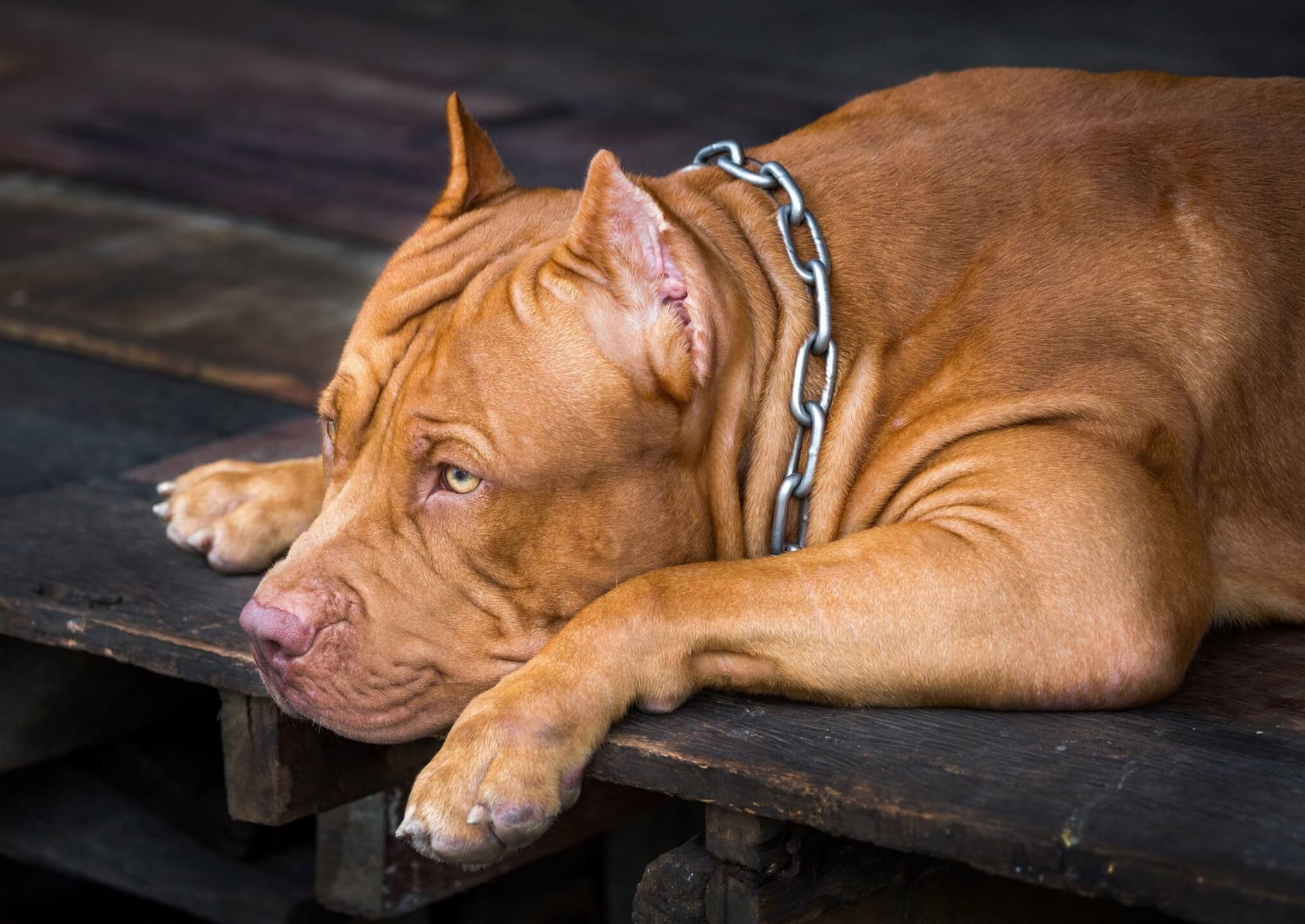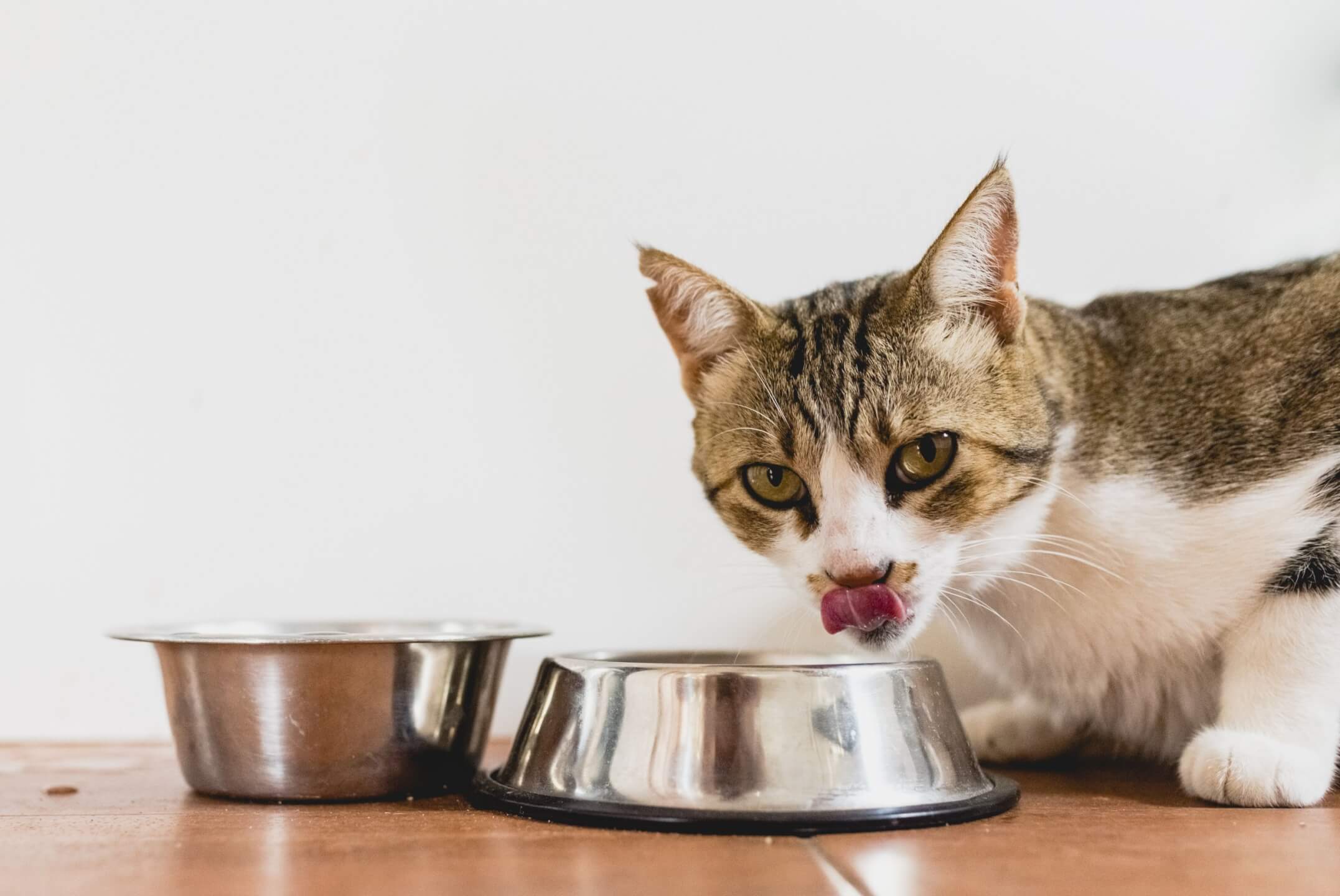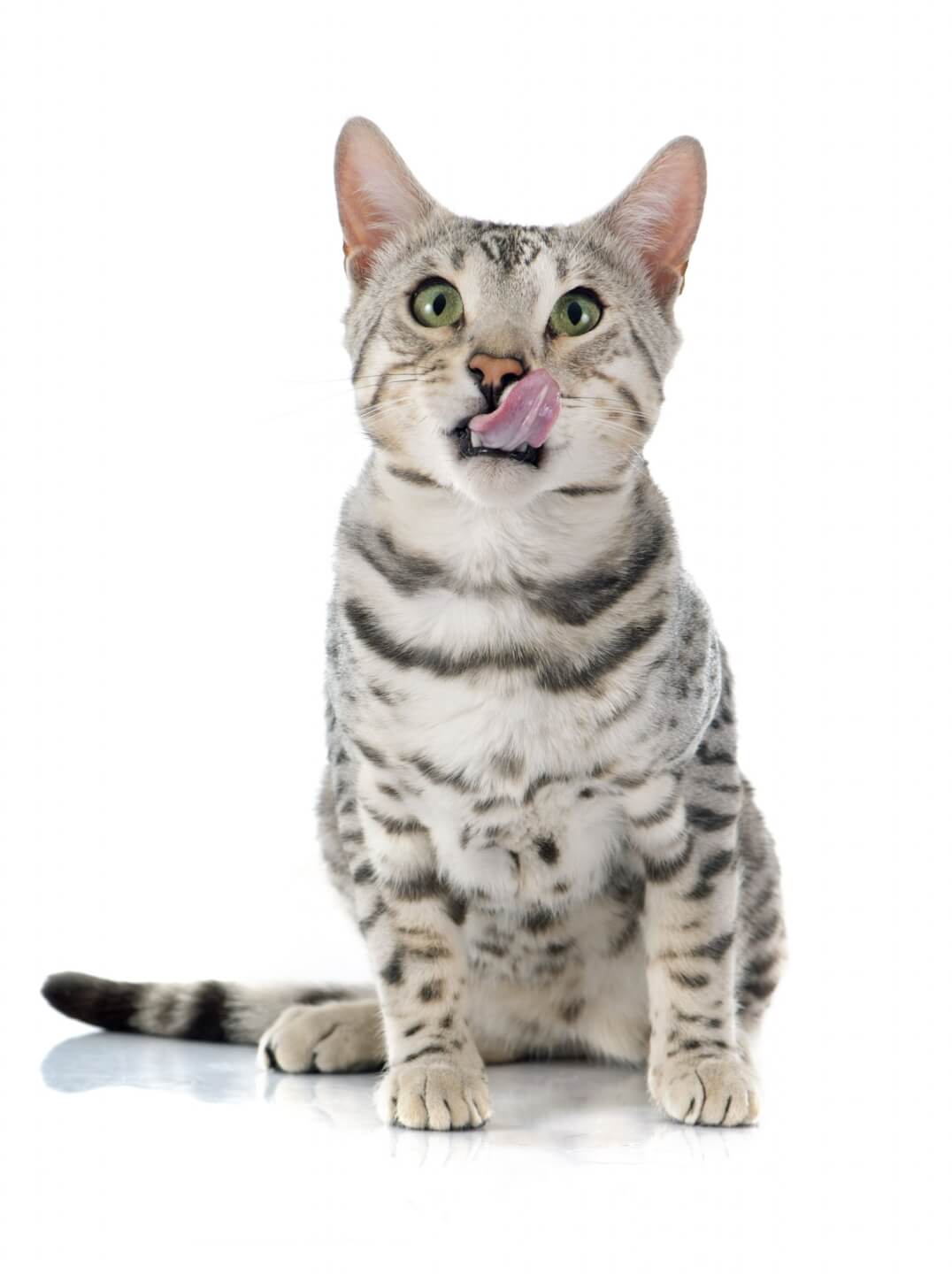
Easter is an excellent time to ask yourself whether eggs can be found in a cat’s diet? There are many conflicting opinions on this subject, and many carers do not serve this dish to their pets, fearing for their health. Is that right Can a cat eat eggs? And if so, in what form: cooked or raw?
Are the eggs healthy for the cat?
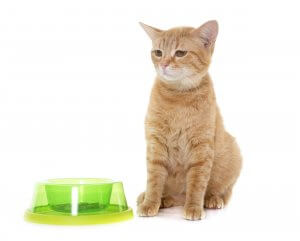
Eggs are one of the most valuable foods in the world, which is beyond doubt. Animal protein – a chemical compound, not a white part – found in the egg has a high biological value. It is easily absorbed and consists mainly of exogenous amino acids, i.e. those that must be provided in food because the body does not synthesize them. This food is also an excellent source of saturated fatty acids, unsaturated fatty acids and omega 3 and 6.
We also find in it many micro and macronutrients, as well as almost all vitamins, except vitamin C. Eggs, also provide large amounts of lutein, which plays an essential role in the processes of vision and lecithin, necessary, among others, for the proper functioning of the nervous system. Eggs, despite being so nutritious, have a serious disadvantage: they contain avidin. It is a protein compound that has a high affinity for biotin, i.e. vitamin H. It binds it, preventing its absorption. There is, therefore, a concern that frequent eating of eggs may lead to H avitaminosis, which is manifested, among other things, by skin lesions and weakness and hair loss. However, this is only possible if the cat eats large amounts of raw eggs because of the high temperature neutralizes avidin.
Can a cat eat eggs?
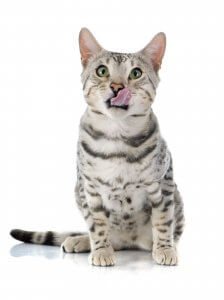
Cats that live slowly do not eat eggs, and if it is sporadic, for example, when they manage to plunder a bird’s nest. In the cat’s pet diet, however, eggs are used because of the nutritional values mentioned above. They are used in so-called home cooking and are used to produce ready-made cat food. The truth is that cats can eat eggs. Most cat dietitians are only advised to give the cat hard-boiled eggs. Cooking the egg will help, among other things, neutralize avidin. The truth is that one raw egg for a cat from time to time has no real effect on the metabolism of vitamin H. Cooking, however, has the advantage that it allows you to get rid of any possible infected microorganisms, in particular, salmonella bacillus. Our pets more easily absorb cooked egg protein, and the risk of stomach problems in the form of diarrhoea is reduced.
Egg yolk as a supplement to the cat’s diet
The BARF diet uses the raw yolk for the cat. In this form, it is more valuable because the high temperature destroys many of the valuable nutrients it contains. And because of these values, eggs are such a perfect complement to the cat’s diet, consisting of meat and other natural products. Precisely – a supplement, not a basis! If we want to give our pet eggs, remember not to do this often, even if they are hard-boiled eggs. On average, BARF uses one egg yolk per kilogram of meat in its diet. Too many eggs, or even yolks themselves, means a reduction in the number of other products on the cat’s menu, and thus an imbalance between the individual nutrients. And this animal will certainly not get well. The more that the eggs for the cat are very calorie food.



